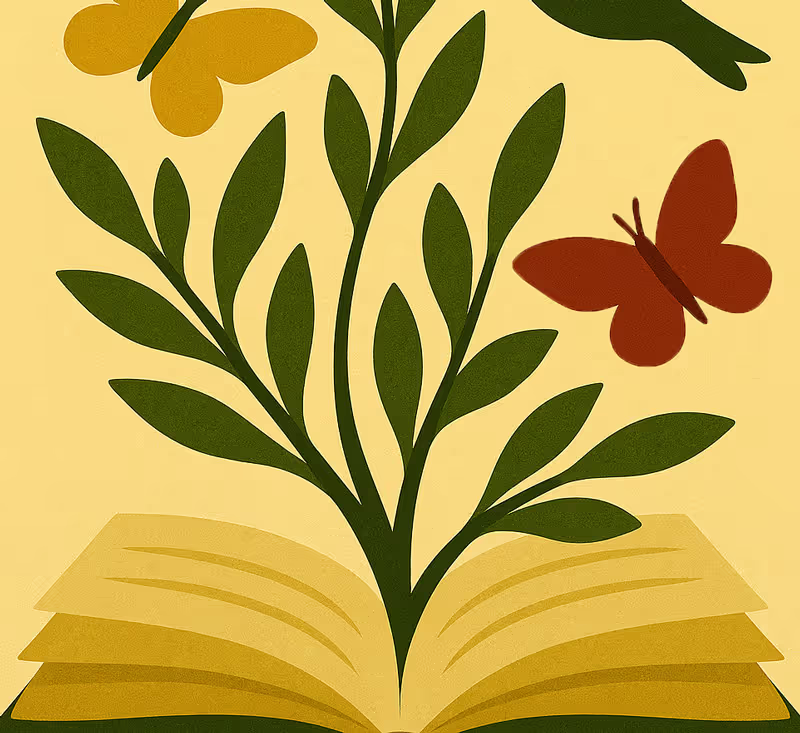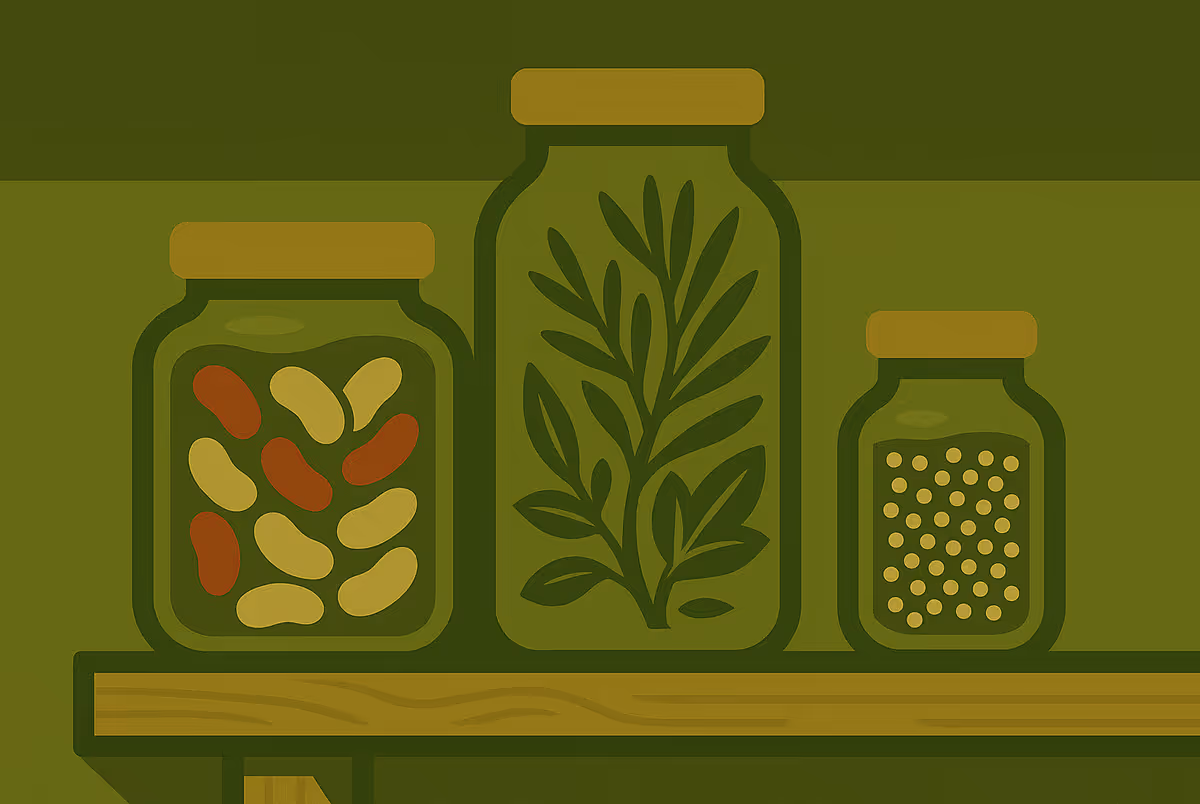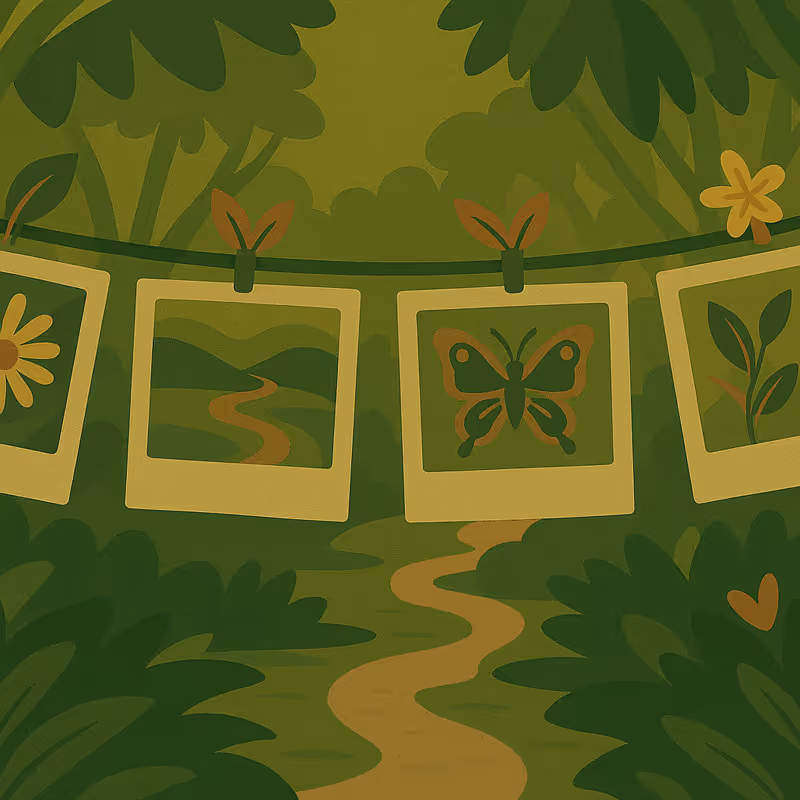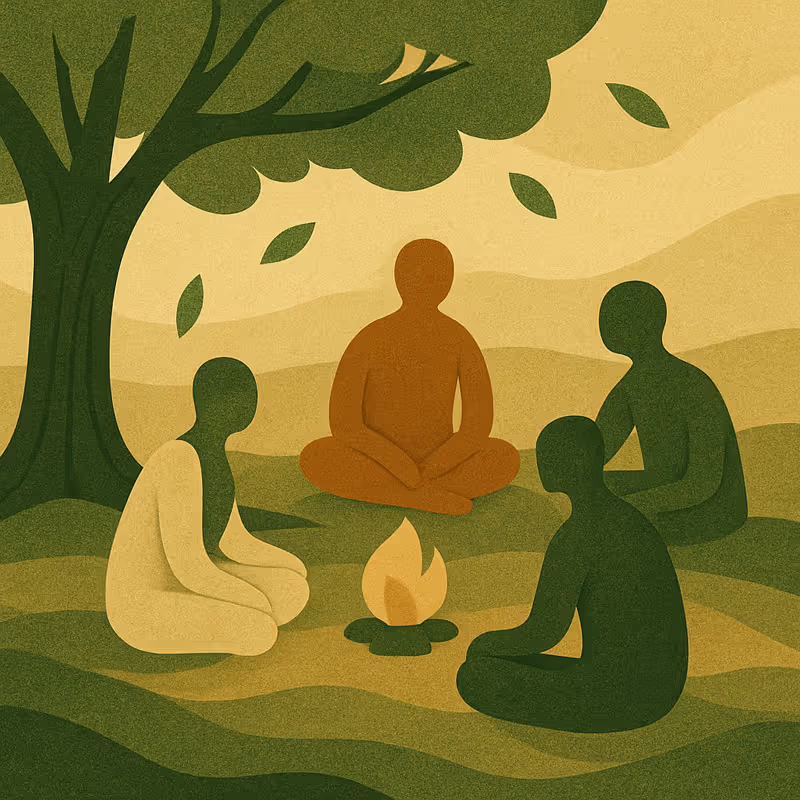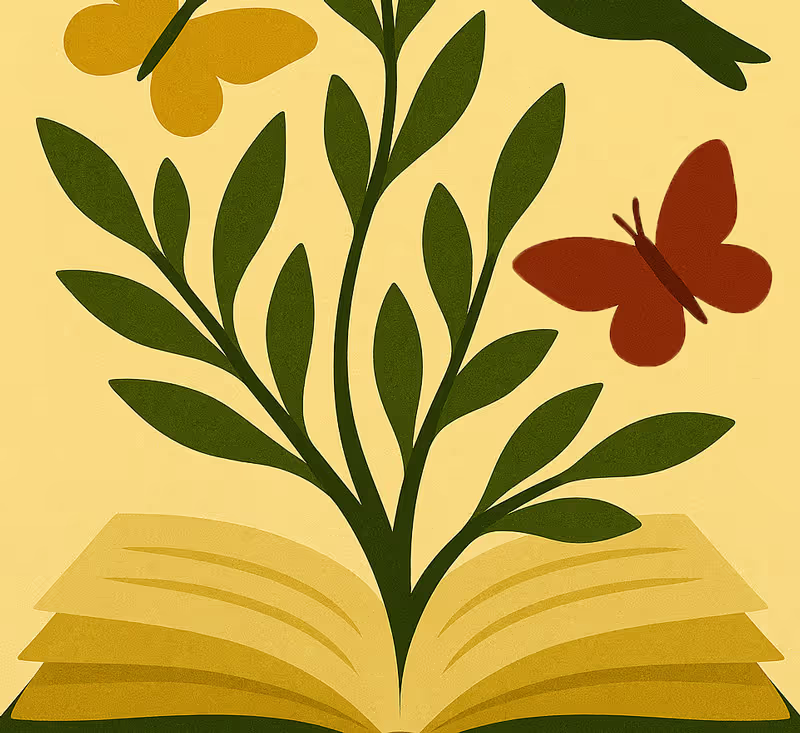Potential Impacts of a Storytelling Workshop at Different Levels
Understanding the potential impacts of a storytelling workshop can help anticipate the kinds of changes it may support and help plan for how these can be recognised and strengthened over time. Impacts can occur at multiple levels, from individual awareness to broader policy change:
Intrapersonal change takes place within an individual, and involves shifts in knowledge, attitudes, emotions, or skills.
- Self-reflection and empowerment: Sharing or preparing a story encourages storytellers to reflect on their own values, memories, and relationships with food, nature, culture, and habits. Recognising that their knowledge and experiences matter can increase confidence, especially among those who might not have always felt their stories and experiences mattered.
- Awareness of biodiversity and emotional connections: Storytellers may begin to see everyday choices and practices (e.g. eating, growing, cooking) as connected to biodiversity. Stories can contextualise a subject, that can be more powerful than facts alone in motivating future action or learning.
Interpersonal change occurs between people, who influence and learn from each other through conversation, shared activities, and mutual support.
- Trust, empathy and knowledge exchange: Sharing and listening to personal stories can foster empathy, trust and joy. Storytellers often learn from each other’s experiences – for example, about different cultural uses of plants, growing practices, or environmental change.
Community-Level change involves shifts in the practices, norms, or structures of a group, organisation, or place-based network.
- Sense of belonging and encouraging collaboration: Storytelling can shape a collective identity, particularly when linked to shared places or practices. Ideas that emerge from stories might inspire new initiatives – such as community gardens, educational events, or local campaigns.
Policy level change happens when decision-making processes, regulations, or public strategies are influenced.
- Shifting organisational culture, and increasing inclusion: Storytelling invites a different kind of knowledge, helping to humanise policy, research, or planning. Insights from stories can inform the design of projects, services, or policies – especially when organisations commit to listening and responding.
- Democratising knowledge: Elevating experiential, emotional, and local knowledge can reframe who is seen as an expert or legitimate stakeholder.
- Catalysing advocacy or policy change: Stories shared in the right forums – exhibitions, public events, decision-making spaces – can influence how problems and solutions are understood.
Ways to Measure Impact:
For more detailed guidance on measuring change, see the Impact module. Three techniques that may work well include:
- The Stories: The stories themselves might signal the impact of the work of the Learning Community, such as a participant describing a change in their daily habits or a new initiative they started.
- Participant testimonials: Gather accounts of how the workshop has influenced how participants perceive themselves, relate to others, or make choices.
- Observation and documentation: Notice and record changes in how people interact and communicate. This might include new topics entering everyday conversation, a shift in how issues are discussed, signs that people are more at ease engaging with one another, or moments where biodiversity is mentioned in unexpected contexts.
In this video Sandra Karner explains the impacts of the Biodiversity Storytelling workshop in PLANET4B:







